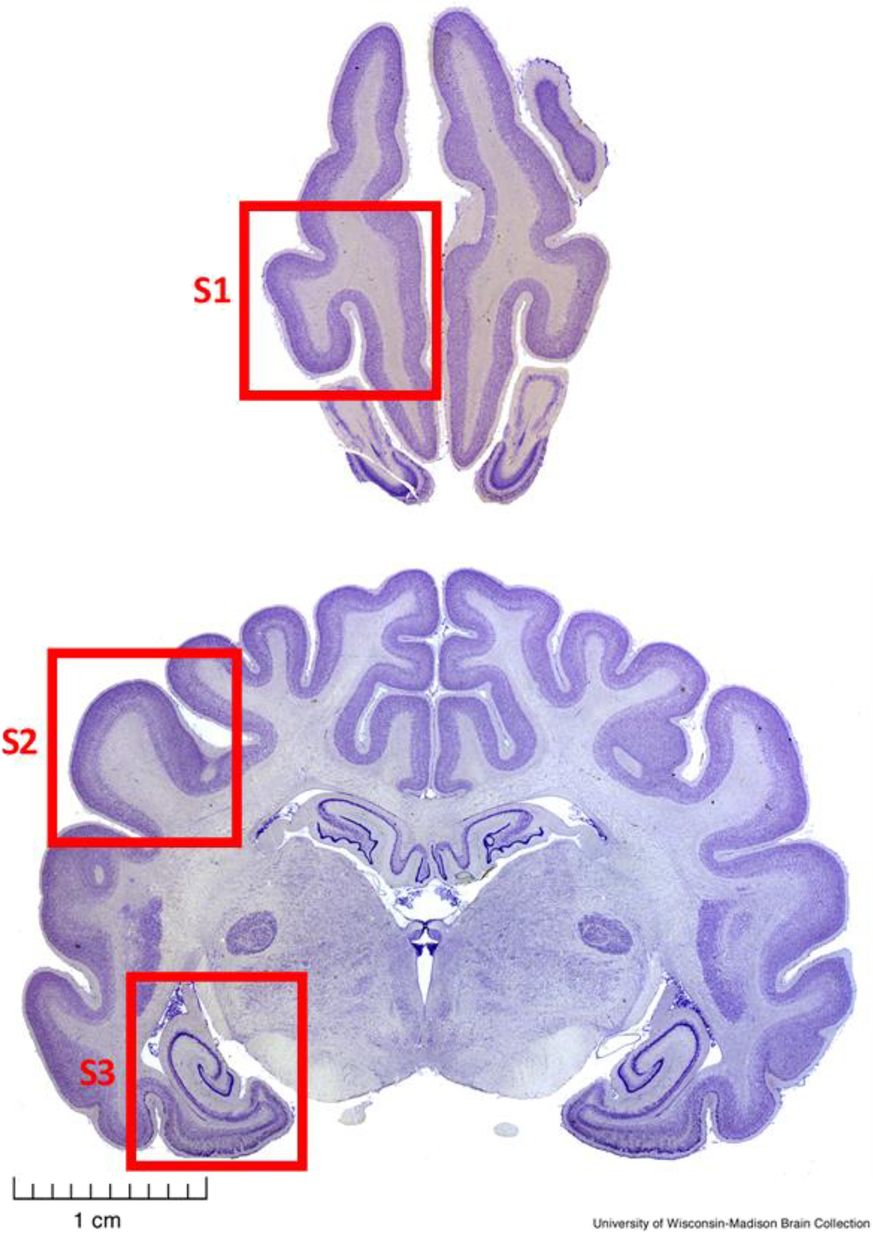I am interested in hearing from pet parents who are going through dementia with their dogs.
Are you seeing any of these signs? Getting stuck in corners? Not socializing as before? Going outside, not knowing why? Disoriented, disturbance of sleep patterns, eating issues?
What signs are you seeing, what have you tried?
What has worked , what hasn't?
Thanks!
Are you seeing any of these signs? Getting stuck in corners? Not socializing as before? Going outside, not knowing why? Disoriented, disturbance of sleep patterns, eating issues?
What signs are you seeing, what have you tried?
What has worked , what hasn't?
Thanks!



